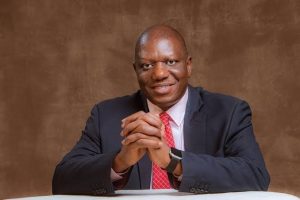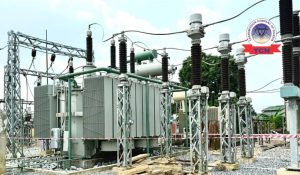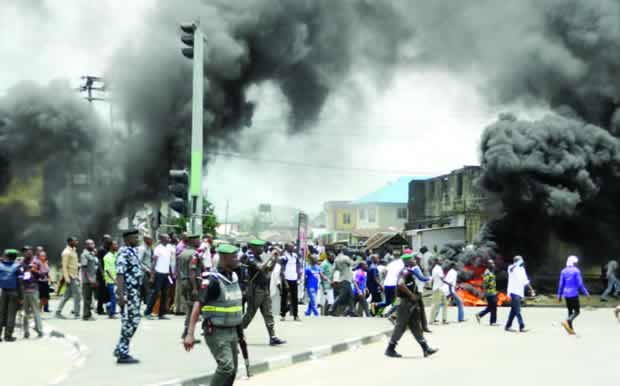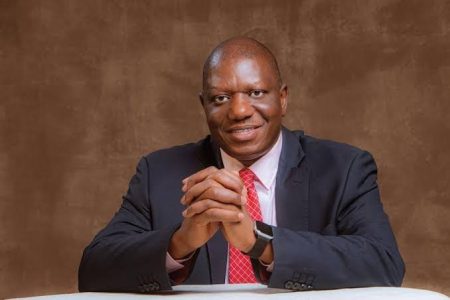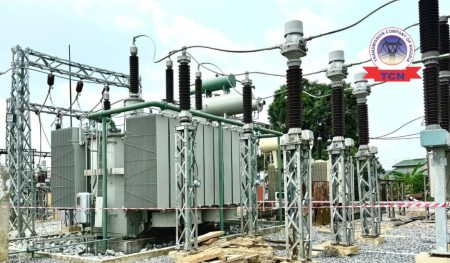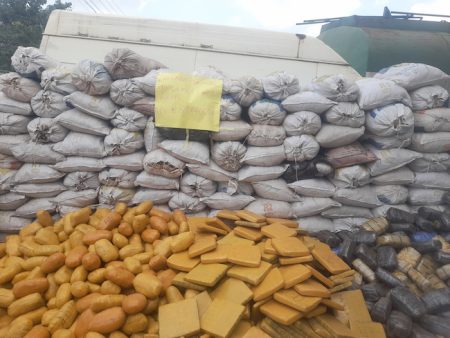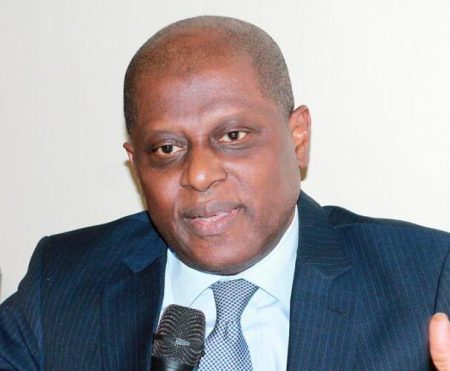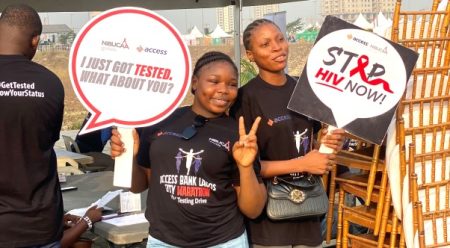The impending local government election in Osun State, scheduled for February 22, 2025, is shrouded in controversy and uncertainty. The ruling Peoples Democratic Party (PDP) insists on proceeding with the election, while the opposition All Progressives Congress (APC) maintains that no vacancies exist in the council areas, citing a Court of Appeal judgment that reinstated their officials elected in the October 2022 election. This legal battle over the legitimacy of the current council leadership has created a tense political climate, raising concerns about the fairness and validity of the upcoming election.
The core of the dispute lies in the interpretation of court judgments. The APC secured a victory at the Court of Appeal, which voided a previous Federal High Court judgment that had sacked their elected officials. This appellate court ruling prompted the APC to direct its chairmen and councillors to resume their duties. However, the Osun State government, led by the PDP, contends that the Appeal Court judgment did not explicitly order the reinstatement of APC officials and points to a separate, still-valid Federal High Court judgment that supports their position. This conflicting interpretation of legal pronouncements has fueled the political standoff.
The situation escalated further when the APC-elected officials attempted to resume their positions at the council secretariats. This move was met with resistance from the PDP, leading to clashes and violence in some areas. Tragically, these confrontations resulted in fatalities, further deepening the political divide and raising concerns about security in the state. The APC accuses the PDP of orchestrating the violence, while the PDP blames the APC for inciting unrest and illegally seizing control of council offices. This volatile atmosphere casts a shadow over the feasibility of a peaceful and credible election.
Amidst this turmoil, the Osun State Independent Electoral Commission (OSSIEC) continues preparations for the election, seemingly undeterred by the ongoing political and legal battles. The OSSIEC chairman has publicly reassured the public that the election will proceed as planned. However, the APC has formally withdrawn from the election, further complicating the situation. Their withdrawal stems from their belief that the election is unnecessary and unlawful, given the reinstatement of their elected officials. This withdrawal raises questions about the inclusivity and legitimacy of the election if a major political party boycotts the process.
Beyond the legal wrangling and political posturing, the control of substantial local government funds appears to be a significant factor driving the conflict. It is estimated that local governments in Osun State receive a substantial monthly allocation. This financial resource represents considerable power and influence, making it a highly contested prize in the political arena. The APC, having resumed control of the council secretariats, is now in a position to manage these funds, a situation the PDP vehemently opposes.
The combination of legal ambiguity, political tensions, potential for violence, and the allure of financial control creates a complex and unpredictable scenario. The Attorney General of the Federation has even advised the OSSIEC to suspend the electoral process, adding another layer of uncertainty. As the election date draws closer, the situation remains highly fluid, with the potential for further legal challenges and political maneuvering. The fate of the Osun State local government election hangs in the balance, with the possibility of further disruption and protracted legal battles looming large. The need for a peaceful resolution and respect for the rule of law cannot be overstated.



